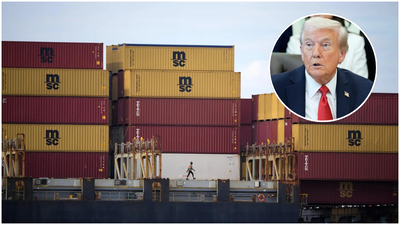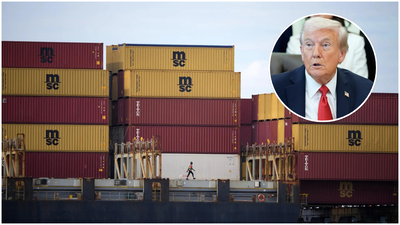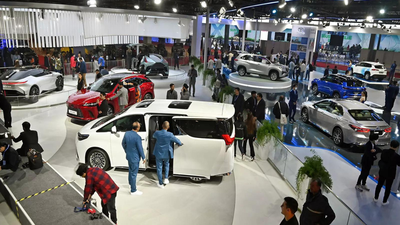Donald Trump tariffs: US 40% trans-shipment levy intended for China could end up hitting Asean supply chains including India; Moody’s flags risks

The 40 per cent trans-shipment tariff recently announced by the United States is expected to create significant compliance challenges for companies in India and the ASEAN region, particularly in sectors such as machinery, electrical equipment and semiconductors, Moody’s Ratings said on Tuesday.In July, US President Donald Trump imposed the tariff on goods deemed to have been transshipped, adding to broader country-level tariffs. Moody’s noted that the administration has yet to clarify the precise definition of trans-shipment, though the measures appear aimed at products originating in China and routed through third countries with lower duties, as per news agency PTI.“The lack of clarity around the trans-shipment tariff poses risks to ASEAN economies. If the US maintains a narrow interpretation—targeting only minimally processed Chinese goods re-exported to the US—the impact may be limited. However, a broader approach, covering goods with any significant Chinese input, could damage the Asia-Pacific supply chain,” the report said.Moody’s highlighted that private sector exporters will likely face heightened due diligence and certification requirements, needing to prove “substantial transformation” of goods to avoid penalties. The sectors most exposed include machinery, electrical equipment, semiconductors, and consumer optical products, with trans-shipped goods concentrated in intermediate inputs rather than final consumer items.Trans-shipment, a legal practice involving the transfer of goods through hubs such as ports and rail terminals, supports logistical efficiency and supply chain flexibility. However, it can also be used to obscure product origin to evade tariffs—a concern the US seeks to address with this new measure.While Moody’s indicated that Asean’s manufacturing competitiveness will largely remain intact, noting lower labour costs and ongoing “China+1” diversification strategies, the rating agency warned that the tariff could disrupt regional supply chains and increase operational costs for companies heavily reliant on Chinese inputs.Countries most exposed include Vietnam, Malaysia, and Thailand, given their deep integration with Chinese supply chains, with key sectors facing potential credit pressures spanning electronics, solar energy, automotive, machinery, and semiconductors.India could face similar compliance and operational challenges in sectors such as machinery, electrical equipment and consumer optical products, including semiconductors.The move signals the US administration’s increased scrutiny of global trade flows, especially concerning tariff evasion, and may compel companies to reassess sourcing, certification, and logistical arrangements across Asia-Pacific markets.






